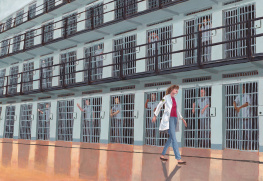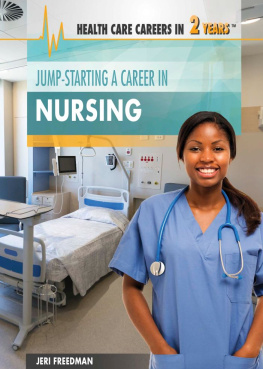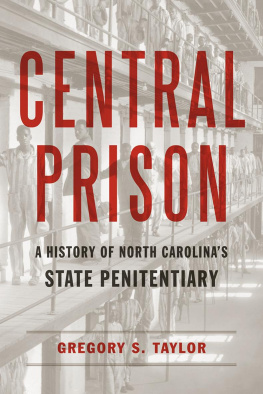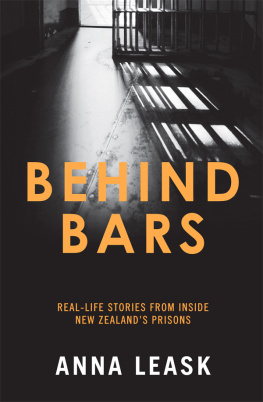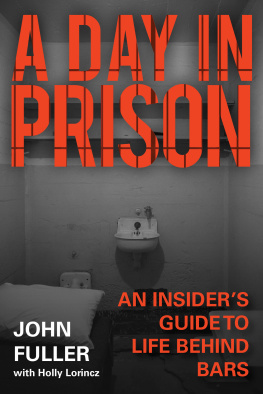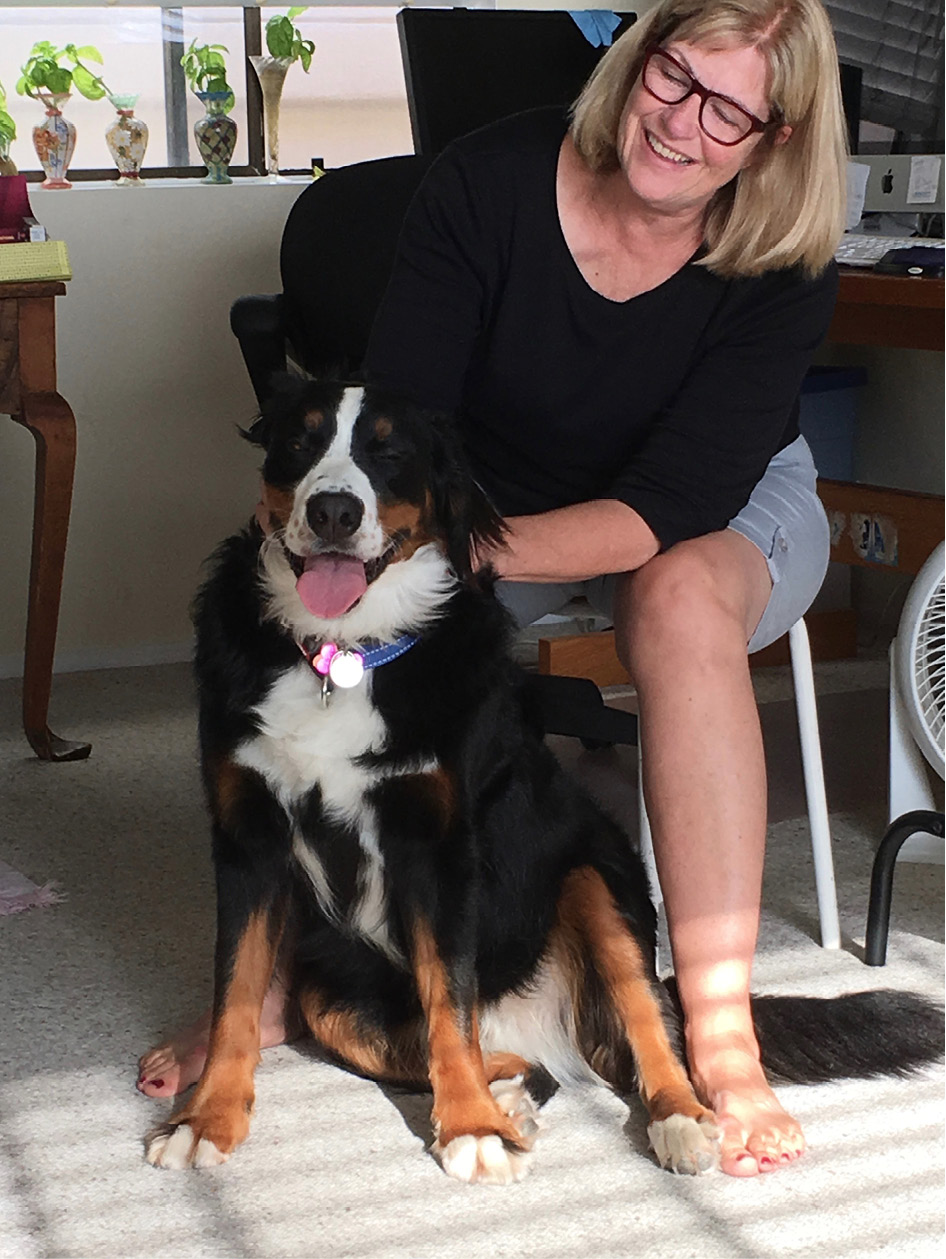Copyright 2019 by Ellen Kane
All rights reserved. No part of this publication may be reproduced or transmitted in any form or by any means, electronic or mechanical, including photocopying, recording, or by any information storage and retrieval system, without permission in writing from the author. Reviewers may quote brief passages.
For information contact:
Ellen Kane
2711 N Sepulveda Ave
Box #613
Manhattan Beach, CA 90266
Paperback ISBN 978-1-54398-604-4
eBook ISBN 978-1-54398-605-1
Cover and sketches designed by Daniel Pagan
Danpagandraws.com
Copyediting by Flo Selfman
www.WordsalaMode.com
Dedication:
I dedicate this book to my three sons:
Brendan, Seamus and Miles, and our dog Coach.
Introduction
T he Big House, aka Stillwater State Prison, was kind of in my neighborhood. Less than a mile away, it was high up on a hill overlooking the St. Croix River in Bayport, about 30 miles northeast of Minneapolis. The hundred-year-old building held a magnificent view for the 1400 inmates doing time inside. That was part of my reasoning for deciding to work therethe history, the close proximity and the simple fact that I needed to eat.
Recently divorced, with three little kids and a nursing degree, I needed a job, a good State job as my father would say. I figured that in any institution where the residents were not allowed to go home, there had to be some type of nursing positions.
I decided to call and No, there werent any openings for an RN because the nurses never left, but Yes, they would interview me because the supervisor could see a maternity leave on the horizon.
I walked to the conveniently located prison compound and was met by the head nurse. She immediately ushered me through two sets of gates that were controlled by guards. One was automatic and was operated by a guard in a glass booth. A second guard opened the other gate with a large brass key. Later I found out that I had been escorted through the turnkey.
The head nurse walked me down a long flagstone hallway where I passed four very large cell halls. I could see four levels of cells called tiers floor to ceiling but we didnt go inside the halls. My tour ended in the Health Services building, outside the main prison building but still inside the prison compound.
At the end of my interview I was hired by the head nurse to replace the part-time night nurse during her pregnancy. It was a six-month temporary position, but I didnt care. I knew that if I got in, some other work would come along. My six-month hire turned into ten years of State service.
My life was pretty chaotic around the time I went to work in the prison. Little did I know that a maximum-security prison would provide a certain sense of calm while I struggled with the challenges in my personal life. My marriage was breaking up. I had three little boys at home, two still in diapers, and my future, including financial, was uncertain.
When I entered the prison, the contrast was immediate. Within those walls, everything was structured and controlled, marked by the chiming of bells and the sound of buzzers. While I was inside, unlike most of the inmates, I felt relief. I had a job to do, I could feed my family and, it gave me a measure of control that I wasnt experiencing in my daily life.
My mother opposed the idea from day one but my brother Dennis said, Youll love it, its like working in a bar. He was a probation officer and enjoyed working with the challenging teens. He taught them basketball and I became acquainted with his kids later as adults and still in the revolving door of the correction system. Sadly, his kids tickets were written at birth.
Inmates are real people, and the majority of them were good people who did bad things. Most did their time and went home, while others are still doing their time and will never go home.
I knew it was time to leave correctional nursing when I could see myself losing my sense of humor. I knew it was time to leave the prison system when my patience with both inmates and staff had grown thin. For the next twenty years I practiced as a research nurse in areas of AIDS/HIV and inflammatory bowel diseases specifically Crohns and ulcerative colitis.
Still living in Minnesota and running clinical trials out of two county hospitals, I would encounter many familiar faces from my prison days, ex-inmates who remembered me and were happy to reminisce on our lives behind bars. But there were many who didnt recognize me though I knew them. Maybe I was out of context to them or maybe they were high or maybe they were trying to forget their past and I was in their past.
For years it wasnt polite to bring up my prison stories at family functions, or so my mother thought, but my good friend Bev would listen and was very sad when I left corrections; she was my captive audience while we walked daily after work. My oldest son Brendan and all his friends were also disappointed. He was waiting for the day he could have a tour but he had to be eighteen years old and he was only twelve when I resigned.
During those years my brother Kevin, a published poet, would encourage me to write my prison stories down. He would say, Youre going to forget. Kevin was disciplined in his writing as well as in his life; he continuously edited and published a literary magazine for fifteen years and had three books of poems published as well. Hes retired now and still writes daily. On the other hand, I was of the philosophy that most actions in life were done in haste and the outcome would be okay or just good enough. I was always in a hurry and hit the ground running each morning with the goal to finish my work and be on time for my boys after school. For most of my child-rearing years, daily plate spinning would be the norm, which is why I couldnt focus on writing. I did, however, keep reminders on snippets of paper, all sizes and shapes, where I had jotted down words, names and incidents. I also saved a mountain of newspaper articles, letters from inmates, and staff reports in a big, blue plastic bin marked DOC (Department of Corrections).
I moved from Minnesota to California in 2008 and moved three more times before opening the DOC bin in 2018. My plan when life settled down was to piece together ten years of what it was like to be a nurse in an all-male maximum-security prison in Stillwater, Minnesota. It was by far the best nursing job I ever had. I say that because the nursing we did covered every aspect of medicine except obstetrics and pediatrics. We functioned like nurses in a small town, with patients who had cancer, seizures, on dialysis, mental illness, trauma, communicable diseases and industrial accidents. We did triage, minor-surgery, orthopedics, and more, all in one place. With each patients presentation, we had to learn quickly how to care for them or risk the chance of getting sued, which kept us up-to-date and well prepared for our next nursing positions outside the walls.
Today it is a well-known fact that the prison system in the US is broken. I witnessed this evolution from 1985-1995 where funding for Corrections went to warehousing and not rehabilitation; resulting in inmates spending a huge part of their lives in the revolving door of the prison system.
Most nurses will never see the inside of a prison except in the movies or television, but there are thousands of nurses working in Corrections all over the US. Their dedication and care to men and women who are incarcerated brings some humanity back to those who could use a little hope. Nurses innately have that gift.

